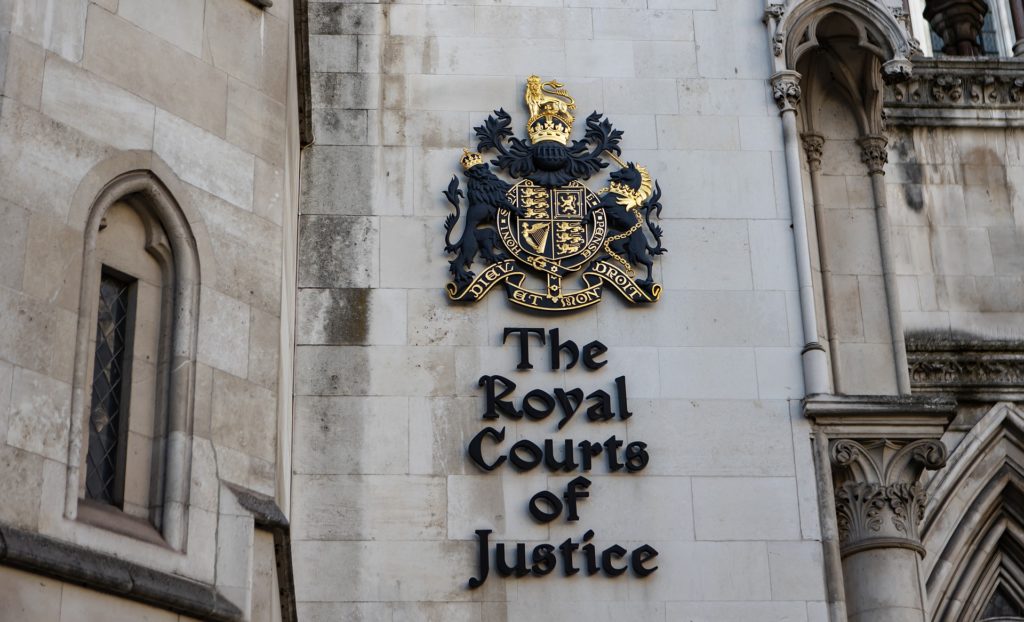Conflict Resolution Day was conceived in 2005 by ACR to:
- Promote awareness of mediation, arbitration, conciliation and other creative, peaceful means of resolving conflict;
- Promote the use of conflict resolution in schools, families, businesses, communities, governments and the legal system;
- Recognize the significant contributions of (peaceful) conflict resolvers;
- Obtain national synergy by having celebrations happen across the country and around the world on the same day.
What is conflict resolution?
Conflict resolution is a way for two or more parties to find an agreeable solution to a disagreement. The disagreement can be anything from a personal dispute, to financial, political, or emotional arguments.
The aim of conflict resolution is not to decide who is right or wrong; but to reach a solution that everyone is happy with.
Civil litigation/dispute resolution solicitors are invariably in attendance at mediation meetings, where all the parties come together and try to come to an agreement.
Unfortunately, the people involved might not be happy to discuss the issues, or it may be that it is not possible to resolve conflict when it is first encountered., This could result in the dispute escalating to the point of needing to instruct a solicitor and the courts.
What is arbitration?
Depending on the type of dispute, arbitration can be used as another form of dispute resolution.
Arbitration is a flexible process with ground rules open to negotiation. A neutral trained professional, who acts as a judge, will decide how to end the dispute. Retired judges quite often act as arbitrators, but not in a legal capacity.

Taking the matter to a solicitor
On an initial meeting with a solicitor, it is the solicitor’s job to evaluate the claim and advise the client on the course that should be taken. To do this, the solicitor will read all the relevant documentation, received from the client, and decide on the client’s prospects of success.
The client may be advised that their claim is not particularly strong; therefore, they should take their argument back to the other side and try to settle it as soon as possible. Alternatively, the solicitor might advise the client that they have a good chance of winning their argument.
The civil litigation/dispute resolution solicitor, issue court proceedings and deal with the disclosure and drafting of witness statements. Counsel is instructed to attend the trial, prepare trial bundles and all the documentation required by the court
The risks of taking a dispute to court

Litigation is a costly and prolonged legal process, and it is important to listen to the advice of a legal team. Although you may be convinced you are right and will win, things don’t always work out that way.
For example, the Vardy vs Rooney matter went disastrously wrong for Vardy who voluntarily brought a libel case against Rooney. Not only did she destroy her reputation, but she was ordered to pay Rooney’s legal fees as well as her own, which could end up as a combined bill of over £3m.
If you are in delemma over how to manage your dispute or what the next move is get in touch with our litigation team for advice.

